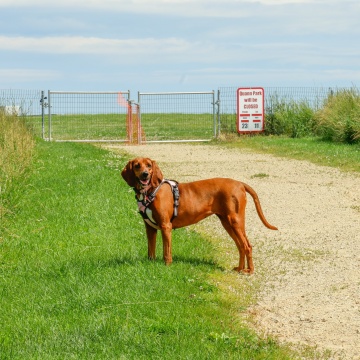Animal Bites & Rabies

Even if you own the animal or you know the owner, report any animal bites to us. We’ll help you figure out the risk for rabies or other illnesses from the bite.
Take care of the bite right away
- Wash the bite well with soap and water right away.
- If you were injured, see a doctor as soon as possible.
- If you don't have insurance:
- Urgent care centers are less expensive than the emergency room. Call first to be sure they have vaccine and can see you.
- Ask to speak to Patient Resources for help with the cost of the visit and follow up care.
- Vaccines companies have programs to help with cost. They give vaccine for free to uninsured people who qualify. Ask the urgent care if they take part in a program like this.
- If your pet was injured, take them to their veterinarian as soon as possible.
- Report the bite to us.
How to report a bite
We need to find the animal that bit you or your pet so we can find out if it’s been vaccinated for rabies or has rabies.
There are two ways to report:
- Report the bite online. Your report will be sent to an Animal Services Officer who will follow up with you as soon as possible.
- Call Police & Fire Dispatch at 608-255-2345 and say you’re calling to report an animal bite.
- If the animal's owner is unknown, or it was a stray or wild animal, tell them as much as you can to help us find it. Include what it looked like, where you saw it, and if you’ve seen the animal before. Tell them if you need help capturing the animal.
- The dispatcher will give your information to an Animal Services Officer who will follow-up with you about the bite.


